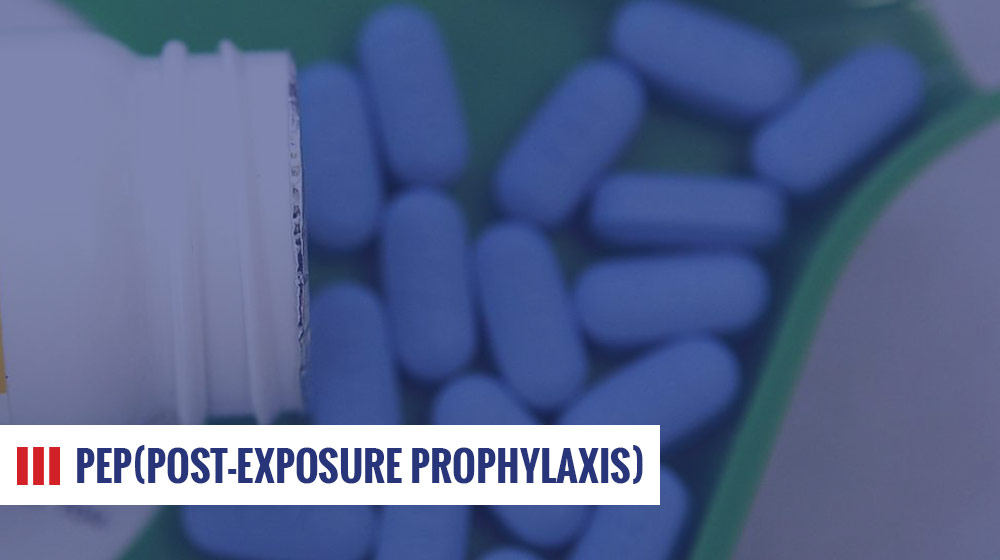
Understanding Post-Exposure Prophylaxis (PEP): A Critical Tool in HIV Prevention
Post-Exposure Prophylaxis (PEP) is a crucial intervention for preventing HIV transmission after potential exposure to the virus. In this blog post, we’ll delve into what PEP is, how it works, when to use it, and its importance in HIV prevention efforts.
What is PEP?
Post-Exposure Prophylaxis (PEP) is a short-term antiretroviral treatment aimed at reducing the risk of HIV infection after potential exposure. It involves taking a combination of HIV medications for a specified period, following a possible exposure to the virus.
How Does PEP Work?
PEP works by inhibiting the replication of the HIV virus within the body, thereby preventing it from establishing a foothold and causing infection. The medications used in PEP interfere with various stages of the HIV life cycle, blocking its ability to replicate and spread.
When to Use PEP:
PEP should be initiated as soon as possible after a potential exposure to HIV. It is recommended for individuals who may have been exposed to HIV through unprotected sex, needle sharing, or occupational exposure (e.g., needlestick injuries among healthcare workers).
Importance of PEP:
PEP plays a crucial role in HIV prevention efforts by providing a second chance to prevent infection after a potential exposure. It offers peace of mind and reassurance to individuals who may have engaged in risky behaviors or experienced accidental exposure to HIV.
Dr. Chhavi Gupta’s Expertise:
Dr. Chhavi Gupta, an infectious disease specialist with extensive experience in HIV care and prevention, emphasizes the importance of PEP in reducing the risk of HIV transmission. With a background in MBBS, MD, and DM from AIIMS, New Delhi, Dr. Gupta is committed to providing comprehensive HIV care, including access to PEP, to her patients.
Conclusion:
Post-Exposure Prophylaxis (PEP) is a critical tool in HIV prevention, offering a second chance to prevent infection after potential exposure to the virus. Timely initiation of PEP, along with comprehensive HIV care, can significantly reduce the risk of HIV transmission and contribute to better health outcomes. If you believe you may have been exposed to HIV, don’t hesitate to seek medical advice and consider PEP as part of your HIV prevention strategy.

Leave a Comment
(0 Comments)